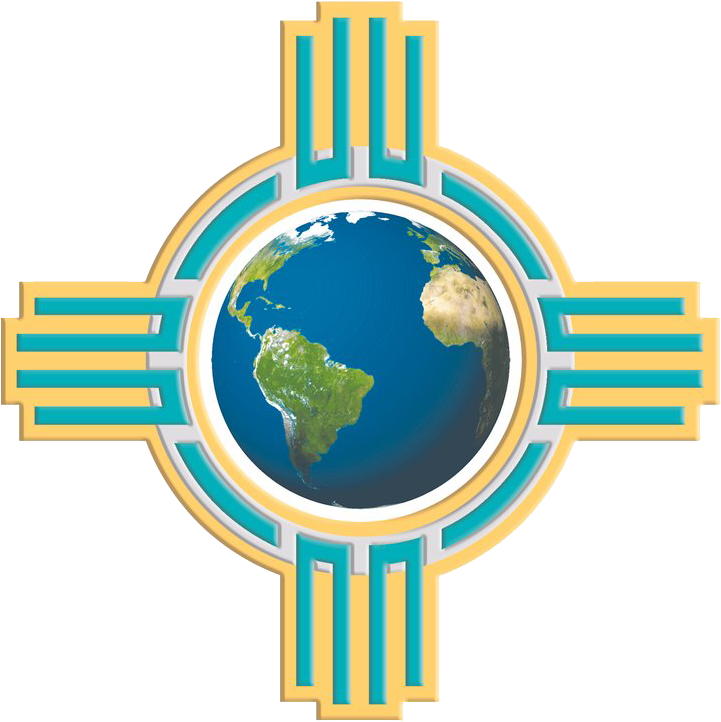
Path #6 Personal and Global Well-Being
Travel as a Journey of Discovery
Well-Being ….
is a good or satisfactory condition of existence and is characterized by meeting basic human needs, enjoying optimal health, finding contentment, expressing creativity, living in accord with nature, and defining one’s meaning and purpose in life. Well-being happens at a personal or inward level and at a global or outward level. Travel heightens our awareness about our own life and what our contributions can be to the wider community and world.
A Bridge in Korea, photo Denise Ames
“All travel has its advantages. If the passenger visits better countries, he may learn to improve his own. And if fortune carries him to worse, he may learn to enjoy it.” – Samuel Johnson
At a personal well-being level, Dr. Ames encourages travelers to define their purpose, create positive relationships, enhance their personal growth, engage more mindfully in the world, and find contentment with family, friends, and their community.
Global well-being is a general state of how satisfied global citizens are with their safety, security, prosperity, and planetary health. At a global well-being level, we are encouraged to contribute to making the world more peaceful, sustainable, and hopeful for ourselves and especially for the next generations.
The purpose of exploring well-being is learning new ideas, seeing with new eyes, and reflecting upon one’s purpose in the grand scheme of life. This heightened awareness takes different guises for each individual, but it often expands one’s consciousness beyond our own comfortable status and everyday life while giving us a sense of the relationship of all of us with each other and the community of life.
Dr. Ames offers ways in which travelers can enhance their personal well-being during their travels, which can, in turn, inspire action to enhance global well-being. Individuals may wish to contribute to the well-being of others in their local, national, or global community by sharing their wisdom, compassion, support, and commitment. Travel provides many spontaneous opportunities for us to explore personal and global well-being, which may provide us tremendous inward and outward rewards.
The journey towards well-being is an inward and outward exploration following one’s own inner compass. Dr. Ames offers six suggestions to help find personal meaning in your travels. Of course, she doesn’t have all the answers, I am sure you will have your own suggestions and strategies as well!
1. Reflecting: Thinking and Feeling Deeply
In the context of GATE, reflecting is serious thought or consideration of some subject matter, idea, or purpose. It is a thought, idea, or opinion formed or a remark made as a result of thoughtful meditation. It is the act of perceiving, seeing, observing, and noticing people, customs, situations, and events.
During our travels, we will often stop to think deeply or carefully about what we are experiencing. We may stop, for example, to reflect about the poverty we may encounter or the deep suffering experienced by some of the people we may meet. Or, we may stop to revel in a wedding celebration or weep at a funeral procession. Deep reflections are part of GATE travel experiences.
At some point, we may feel a call to reflect upon our own personal well-being, as well as the well-being of the planet. This engaged process of deep reflection and personal exploration may be expressed through journal writing, blogging, meditating, dialoguing with others, artwork, or other activities. The act of reflection can help us to incorporate wisdom and understand the paradox of human existence.
2. Being Kind: The Basis of all Spiritual Traditions
Kindness is a type of behavior marked by acts of generosity, consideration, or concern for others, without expecting praise or reward. Dr. Ames has found that acts of kindness are easy to recognize but hard to enact. Travel is a wonderful way to practice (actually at all times) and be mindful of kindness. It is not only a reflection on our own character but also reflects on the country we are from.
3. Practicing Mindfulness: Quieting the Mind
Mindfulness is the basic human ability to be fully present, aware of where we are and what we’re doing, and not overly reactive or overwhelmed by what’s going on around us. Mindfulness is a quality that every human being already possesses, it’s not something you have to conjure up, you just have to learn how to access and practice it.
Six Ways to Explore Well-Being
Dome at St. Peter’s Basilica, Vatican, photo Denise Ames
“Though we travel the world over to find the beautiful, we must carry it with us, or we find it not.” – Ralph Waldo Emerson
Grand Mosque, United Arab Emirates, photo Denise Ames
“Travel can be one of the most rewarding forms of introspection.”
– Lawrence Durrell
Students in Qatar, photo Denise Ames
“Once you have traveled, the voyage never ends but is played out over and over again in the quietest of chambers. The mind can never break off from the journey.”
– Pat Conroy
4. Cultivating and Recognizing Wisdom
Dr. Ames has found that there are three kinds of wisdom or right understanding that we may draw on: 1) wisdom gained from the words of others, 2) intellectual wisdom derived from reason and logic, 3) experiential wisdom that is intuited within ourselves and drawn from our experiences. Although all three types of wisdom are important, drawing on our experiential wisdom is considered less important in modern society. Dr. Ames advocates that during our travels we may wish to cultivate experiential wisdom drawn from our travels, as well as recognize and learn from people who impart wisdom.
5. Connecting with a Spiritual Dimension
Spirit is an animating or vital principle in humans and animals or, according to some, in inanimate objects as well. We will use the term spirituality to describe the subjective experience of a sacred dimension, either connected with or separate from organized religion. We will use spirituality in the context that may include entities beyond the known and observable realm, personal growth, a quest for sacred meaning, mystical experiences, or an encounter with one’s own “inner world.”
Spirituality is an alternative to materialism, which holds that matter is the fundamental substance in nature, and that all things, including consciousness, emanate from it. In a broader sense, spirituality is connecting to something bigger than us, and it typically involves a search for meaning in life.
6. Transforming: Opening to Purpose
Transforming is a process of expanding one’s consciousness to become more aware of our being and purpose in the world. It is opening up to curiosity, awareness, and expanding our state of mind.
Final Thoughts
By recognizing and integrating into our awareness the six suggestions to well-being— reflecting kindness, mindfulness, wisdom, and transforming—into our habits of mind, we can build a greater capacity to define what is meaningful to us and engage in the world more mindfully.






